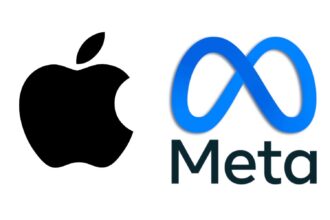The Electoral Commission (EC) of Ghana has recently come under fire from the Media Coalition Ghana for its decision to limit media access to the National Collation Centre, also known as the Strongroom. The EC has defended its stance, deeming the calls for unfettered access as “unreasonable and unrealistic.”
Historically, the Strongroom has been reserved for political parties, party officials, and accredited observers during elections. In an effort to enhance transparency, the EC extended access to select members of the media in recent years. However, the Commission cited physical limitations as the primary reason for not being able to accommodate all media outlets, both local and international.
The EC clarified that despite the restriction on the number of accredited media present at the National Collation Centre from the 7th of December, there will still be media presence to ensure transparency and accountability. The Media Coalition Ghana, consisting of various media associations, has criticized the EC’s decision, expressing concerns over the lack of a fair and transparent methodology for selecting accredited media outlets.
The Coalition raised issues about the potential threat to the integrity of the electoral process and emphasized the need for a more inclusive approach to media accreditation. They accused the EC of not consulting with them before making the decision, which they viewed as a betrayal of their longstanding relationship.
Transparency and credibility were at the forefront of the Coalition’s concerns, as they questioned the EC’s methodology for accrediting media outlets. The lack of clarity in the selection process raised doubts about the fairness and impartiality of the upcoming elections.
In conclusion, the ongoing dispute between the EC and the Media Coalition Ghana highlights the importance of transparency and inclusivity in the electoral process. As the country gears up for the upcoming elections, it is crucial for all stakeholders to work together to ensure a fair and credible outcome.






